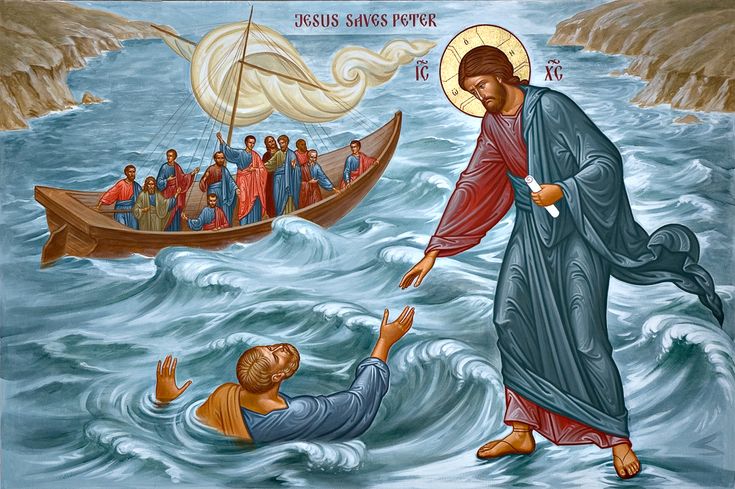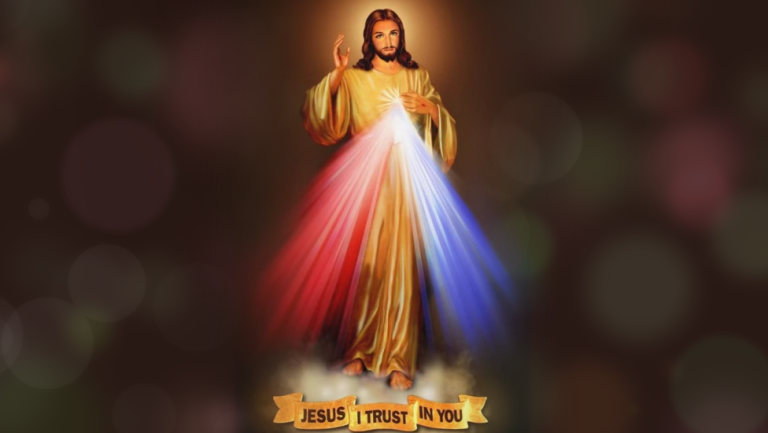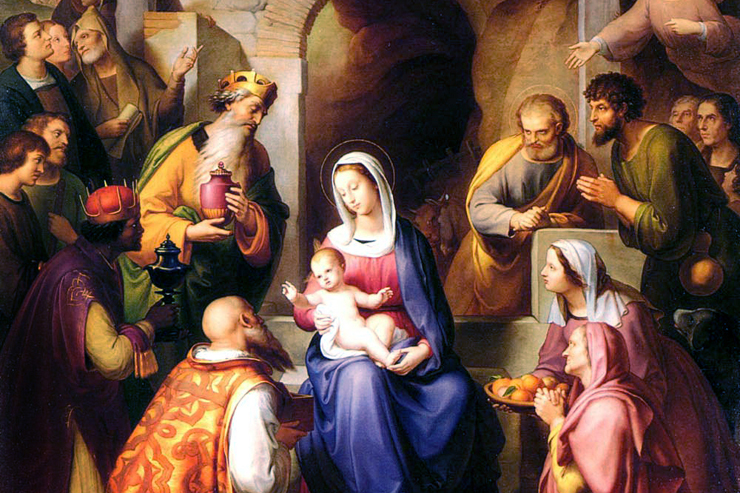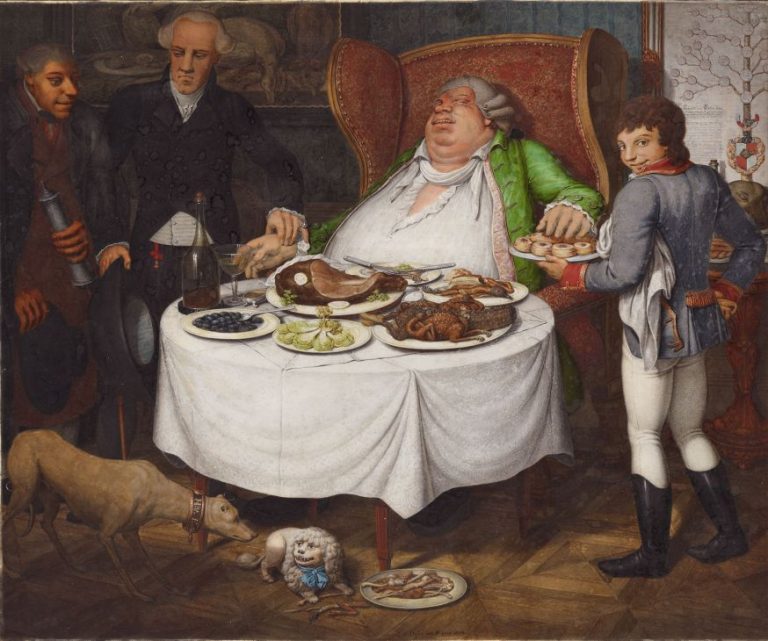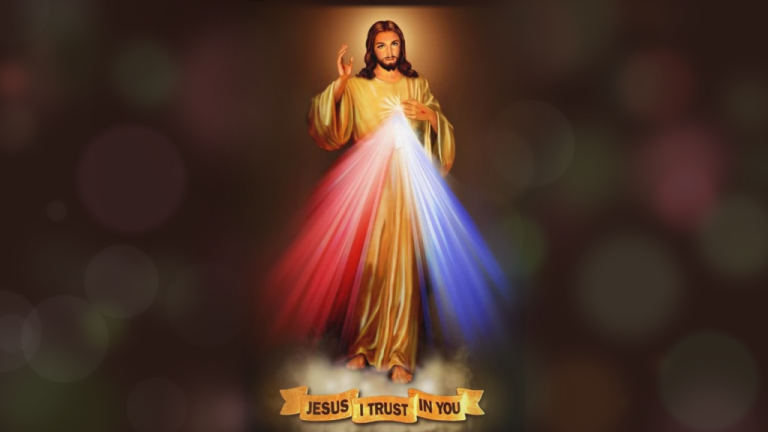Saint Paul, addressing the people of Athens, acknowledged their religious fervor:
“You Athenians, I see that in every respect you are very religious. For as I walked around looking carefully at your shrines, I even discovered an altar inscribed, ‘To an Unknown God.'” (Acts 17:22-23)
Revealing the One True God
Paul then proclaimed the identity of the unknown God they worshipped:
“What therefore you unknowingly worship, I proclaim to you: The God who made the world and all that is in it, the Lord of heaven and earth, does not dwell in sanctuaries made by human hands.” (Acts 17:23-24)
This declaration challenged the practices of those profiting from idol worship, leading to offense among them.
Emphasizing God’s Sovereignty
Paul continued, emphasizing God’s providence:
“Rather, it is He who gives to everyone life and breath and everything. He made from one the whole human race to dwell on the entire surface of the earth.” (Acts 17:25-26)
He highlighted that God’s intention was for people to seek and find Him, for He is not distant from any of us.
Connecting with Their Beliefs
Paul found common ground by referencing their own poets:
“For ‘In him we live and move and have our being,’ as even some of your poets have said, ‘For we too are his offspring.’ Since therefore, we are the offspring of God, we ought not to think that the divinity is like an image fashioned from gold, silver, or stone by human art and imagination.” (Acts 17:28-29)
He urged them to move beyond idolatry and recognize the true nature of God.
Call to Repentance and Faith
Paul concluded with a call to repentance:
“God has overlooked the times of ignorance, but now He demands that all people everywhere repent because He has established a day on which He will ‘judge the world with justice’ through a man He has appointed, and He has provided confirmation for all by raising Him from the dead.” (Acts 17:30-31)
This message underscores the necessity of turning away from false beliefs and embracing the truth revealed through Jesus Christ.
Responses to the Message
The reactions to Paul’s message were varied:
“When they heard about resurrection of the dead, some began to scoff, but others said, ‘We should like to hear you on this some other time.’ But some did join him, and became believers.” (Acts 17:32-34)
Among the converts were Dionysius, a member of the Areopagus, and a woman named Damaris.
The Church as the Path to Salvation
Paul’s discourse aligns with the Church’s teaching that salvation comes through Christ and His Church:
“Basing itself on Scripture and Tradition, the Council teaches that the Church, a pilgrim now on earth, is necessary for salvation.” (Catechism of the Catholic Church, 846)
Therefore, the fullness of truth and the means of grace are found within the Catholic Church.

